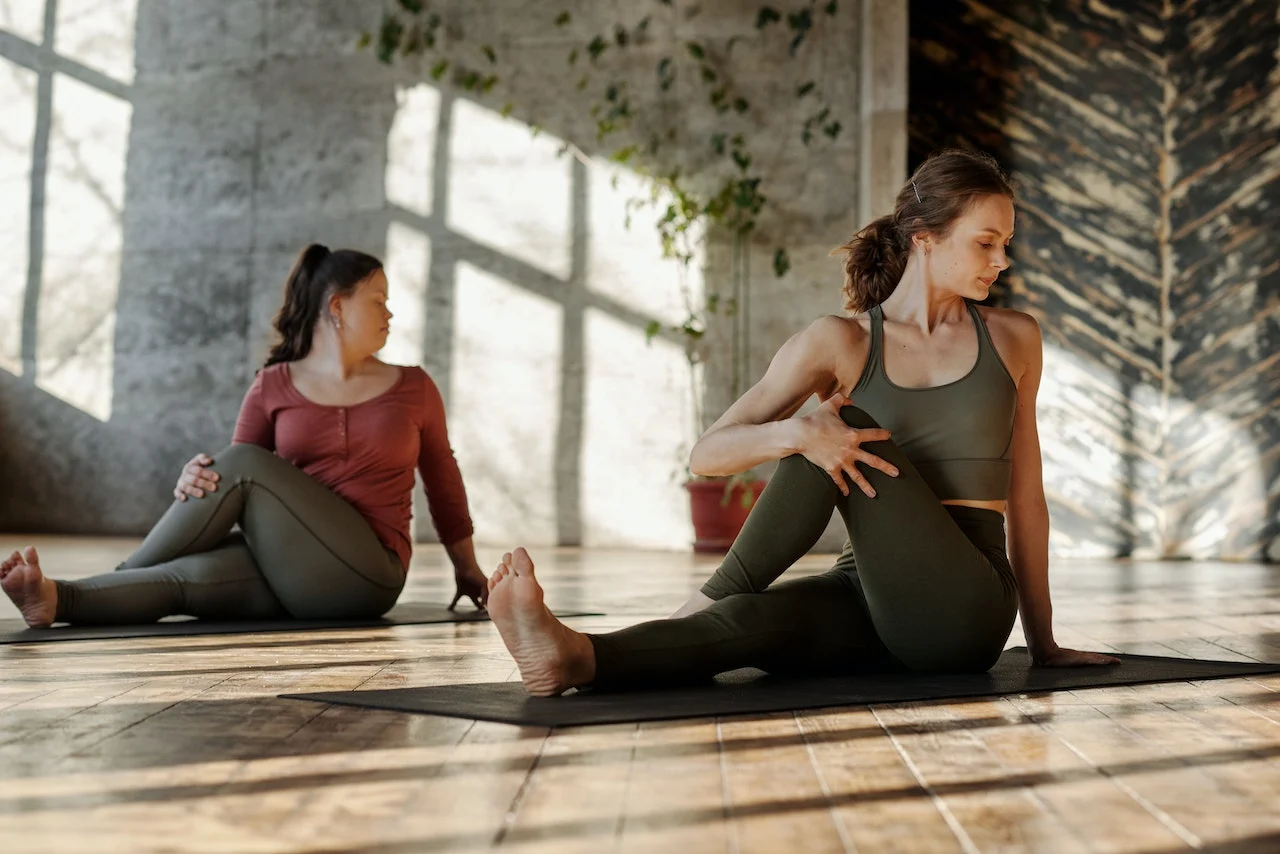In today’s fast-paced world, health and fitness have become essential components of a balanced and fulfilling life. As a human, understanding the importance of maintaining your physical and mental well-being can help you lead a healthier and happier life. This article explores health and fitness in detail, providing actionable tips, insights, and answers to frequently asked questions to ensure you live your best life.
Why Health and Fitness Are Important for Humans
Health and fitness are about more than just physical appearance. They are about developing a sustainable lifestyle that supports mental clarity, emotional balance, and overall longevity. The human body thrives on physical activity, nutritious food, proper sleep, and stress management. Maintaining good health ensures you have the energy and vitality to pursue your dreams and passions.
Benefits of Health and Fitness:
- Improved Mental Health: Exercise releases endorphins, which reduce stress, anxiety, and depression.
- Increased Energy Levels: Regular physical activity improves stamina and reduces fatigue.
- Better Quality of Life: Maintaining a healthy weight and staying active prevent chronic diseases.
- Enhanced Longevity: Fitness and a healthy diet can extend your lifespan.
- Greater Confidence: Feeling healthy and strong boosts self-esteem and body image.
Key Components of Health and Fitness
1. Nutrition
Nutrition is the foundation of health. Consuming balanced meals rich in vitamins, minerals, proteins, fats, and carbohydrates fuels your body and supports all its functions.
Tips for Healthy Nutrition:
- Include plenty of fruits, vegetables, whole grains, and lean proteins in your diet.
- Avoid processed foods and sugary beverages.
- Stay hydrated with water.
- Follow portion control to maintain a healthy weight.
2. Exercise
Regular exercise is crucial for staying fit. It strengthens your muscles, improves heart health, and enhances flexibility. More!
Types of Exercises:
- Cardiovascular Exercises: Running, cycling, swimming, and brisk walking.
- Strength Training: weightlifting, resistance bands, and bodyweight exercises like push-ups and squats.
- Flexibility Exercises: Yoga and stretching.
- Balance Exercises: Activities like Tai Chi help improve stability and coordination.
3. Rest and Recovery
Recovery is just as important as exercise. As a human, your body needs rest to repair muscles, boost the immune system, and restore energy.
Tips for Better Sleep:
- Sleep for 7-9 hours each night.
- Establish a regular bedtime routine.
- Avoid caffeine and screens before bed.
4. Mental Health
Your mental and emotional health is a key aspect of overall well-being.
Mental Health Strategies:
- Practice mindfulness and meditation to reduce stress.
- Stay connected with loved ones.
- Pursue hobbies and activities that make you happy.
- Seek professional help if needed.
Health and Fitness Tips for Humans
- Set realistic goals: Start with small, achievable targets for exercise and diet.
- Stay consistent: fitness is a long-term commitment. Find routines you enjoy and stick to them.
- Track Your Progress: Use fitness apps or journals to monitor your improvements.
- Stay Motivated: Surround yourself with supportive people and celebrate small victories.
- Make Exercise Fun: Try group fitness classes, dancing, hiking, or swimming to keep workouts exciting.
How to Overcome Common Health and Fitness Challenges
Lack of Time
- Schedule short workouts like 20-30 minute HIIT sessions.
- Incorporate physical activity into daily life, like taking the stairs or walking during breaks.
Staying Motivated
- Join a fitness group or hire a personal trainer.
- Follow fitness influencers or track your achievements for motivation.
Eating Healthy on a Budget
- Plan your meals in advance.
- Buy fresh produce in bulk and freeze it for later use.
Health and Fitness for Different Age Groups
For Children
Encourage outdoor play, limit screen time, and provide balanced meals.
For Adults
Focus on stress management, regular exercise, and a nutrient-rich diet to maintain energy levels.
For Seniors
Engage in low-impact exercises like walking, swimming, and yoga to maintain mobility and strength.
FAQs About Health and Fitness
1. What are the best exercises for beginners?
Beginners can start with simple activities like walking, light jogging, bodyweight exercises, or yoga. Gradually increase the intensity as your fitness improves.
2. How much exercise do humans need weekly?
The World Health Organization recommends at least 150 minutes of moderate aerobic exercise or 75 minutes of vigorous activity per week.
3. What is the role of diet in fitness?
Diet provides the energy and nutrients your body needs to perform exercises, recover, and function effectively. A balanced diet supports your fitness goals.
4. How can I stay fit with a busy schedule?
Incorporate short workouts, like 10-15 minutes of high-intensity exercises, during breaks. Prioritize movement throughout your day.
5. Why is mental health part of fitness?
Mental well-being impacts motivation, stress management, and overall happiness. A healthy mind complements a fit body for a holistic approach to health.
Conclusion
Health and fitness are essential for leading a fulfilling and productive life as a human. By focusing on proper nutrition, regular exercise, quality sleep, and mental well-being, you can achieve long-term health benefits. Start small, stay consistent, and prioritize your well-being to unlock your full potential. Remember, a healthier you is a happier you!

